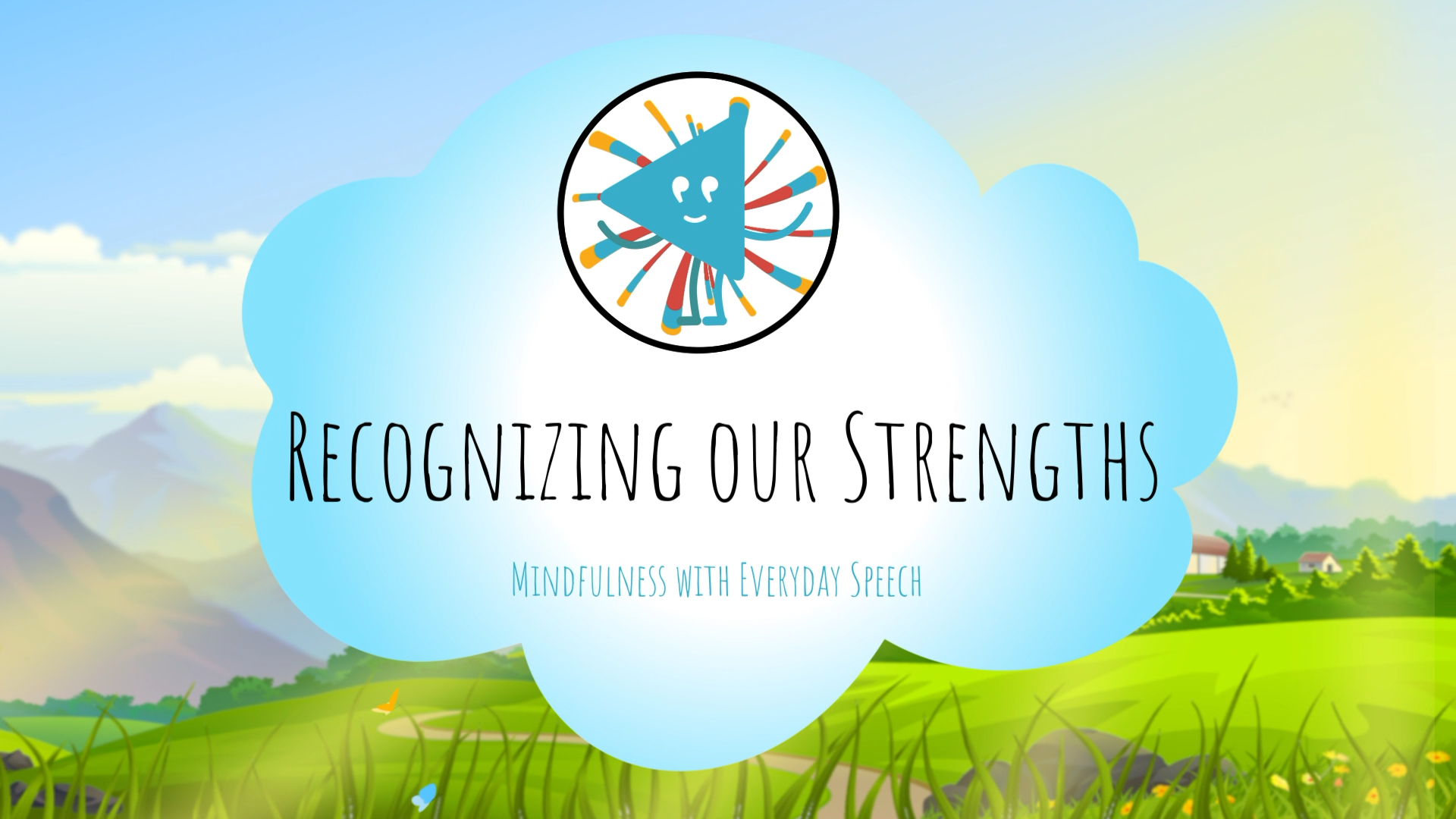Introduction
As educators, we recognize the importance of teaching our students to have a growth mindset. This mindset encourages the belief that abilities can improve over time, turning weaknesses into strengths. In contrast, a fixed mindset is the belief that strengths and weaknesses are unchangeable. By fostering a growth mindset, we empower our students to keep working towards their goals and ultimately develop a wide range of talents. In this blog post, we will discuss an easy no-prep activity, thought-provoking discussion questions, and related skills to help you instill a growth mindset in your elementary students.
No-Prep Activity: The Power of ‘Yet’
This simple activity requires no preparation or materials and can be easily incorporated into your teaching routine. The goal is to help students understand the importance of adding the word ‘yet’ to their self-talk when faced with challenges.
- Ask students to think of a skill they want to improve or something they find difficult.
- Have them create a sentence about their chosen skill, stating that they are not good at it.
- Now, instruct them to add the word ‘yet’ to the end of their sentence.
- Discuss with the class how adding ‘yet’ changes the meaning of their statement, transforming it into a more positive and growth-oriented mindset.
By practicing this exercise regularly, students will begin to internalize the power of ‘yet’ and develop a more resilient attitude towards learning and personal growth.
Discussion Questions
Use these questions to stimulate further discussions about growth mindset with your students:
- What does it mean to have a growth mindset, and why is it important?
- Can you think of a time when you used a growth mindset to overcome a challenge? What happened?
- How can having a growth mindset help us to be more open-minded and accepting of failure?
- What are some strategies you can use to maintain a growth mindset when faced with difficulties or setbacks?
- How can we encourage and support each other in developing a growth mindset?
Related Skills
Developing a growth mindset is an essential component of Social-Emotional Learning. Here are some other related skills that can help your students thrive:
- Goal-setting: Teach students to set realistic and achievable goals, breaking them down into smaller steps to make the process more manageable.
- Resilience: Help students build resilience by encouraging them to learn from setbacks and keep moving forward.
- Self-awareness: Foster self-awareness by encouraging students to reflect on their strengths, weaknesses, and personal growth journey.
- Collaboration: Promote a supportive classroom environment where students can collaborate and learn from each other’s experiences and perspectives.
Next Steps
If you found these growth mindset strategies helpful and would like to explore more resources for teaching Social-Emotional Learning skills, we invite you to sign up for free samples of our materials. By incorporating these valuable tools into your teaching practice, you can empower your students to develop a growth mindset and reach their full potential.






